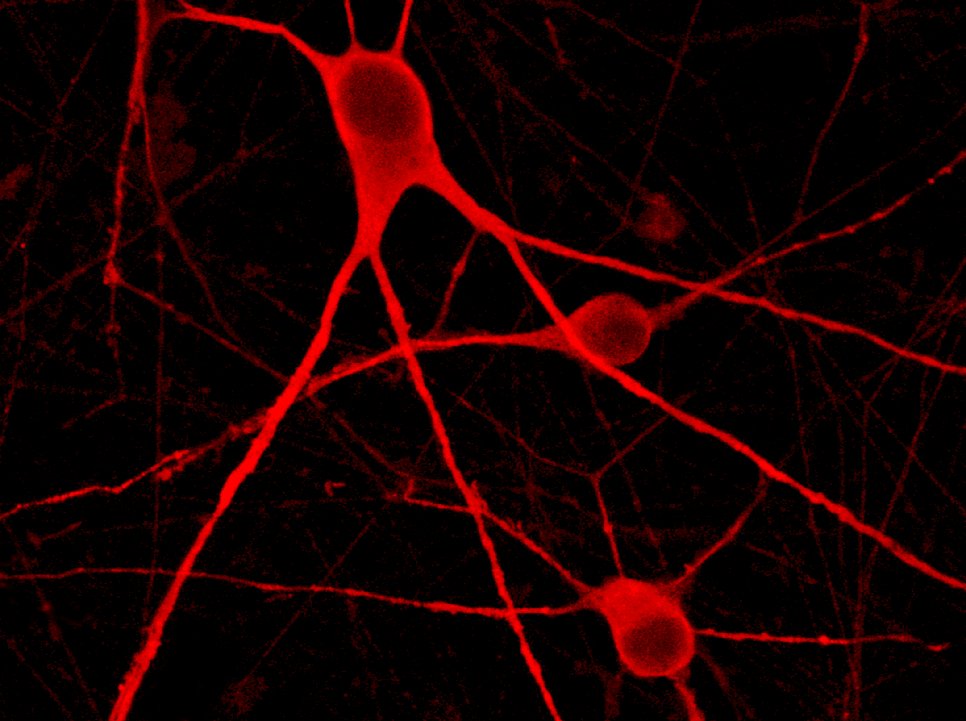06.12.2023 | Published by bit.bio

06.12.2023 | Published by bit.bio

● A reliable supply of consistent and physiologically relevant motor neurons is fundamental to the study and screening of potential treatments for motor neuron diseases (MNDs)
● ioMotor Neurons also offer an alternative to animals for neurotoxicity testing in the development of therapeutic products and consumer cosmetics procedures
● ioMotor Neurons are ready for experimentation within four days; they express lower motor neuron markers and display key functional activity
CAMBRIDGE, UK, 14:00, 6 December 2023 - bit.bio, the company coding human cells for novel cures, has launched ioMotor Neurons as its 12th ioCells product this year. This takes the total number of products in the ioCells range - human cells for research and drug discovery - to 20 products, including wild type, CRISPR-ready and disease model cells. The launch of ioMotor Neurons also follows the recent opening of bit.bio’s new manufacturing and automation laboratories by the UK’s Minister for Science, Research and Innovation.
Motor neurons connect to muscles, which they control via electrical impulses. Damage or death of motor neurons can lead to a devastating group of conditions called Motor Neuron Diseases (MNDs). These lead to muscle wasting and weakness and problems with breathing and swallowing.
ALS is one of the most common MNDs, and current estimates indicate it affects more than 200,000 people worldwide.1 Patients progressively lose motor function and eventually suffer fatal paralysis. The development of therapies for MNDs has been compromised by the limited translatability of animal models and the long, inconsistent and difficult-to-scale differentiation protocols for creating motor neurons from iPSCs.
bit.bio’s ioMotor Neurons are designed to address these challenges. ioMotor Neurons are precision reprogrammed from human iPSCs with bit.bio’s opti-oxTM technology, leading to unparallelled biological consistency and scalability. The cells are easy to culture and ready to use in days. They express important lower motor neuron markers and display key functional activity.
"bit.bio democratises access to human cells. ioMotor Neurons are the12th ioCells product we have launched in 2023, demonstrating the unprecedented pace at which bit.bio is able to bring new iPSC-derived cell products to market. This latest addition to our ioCells portfolio will enable scientists to understand and potentially cure devastating motor neuron diseases, a field which is eagerly awaiting treatments for the thousands of patients with conditions such as ALS. We are excited to see the breakthroughs scientists are going to make with our new ioMotor Neurons."
 Mark KotterCo-founder and CEO, bit.bio
Mark KotterCo-founder and CEO, bit.bio
ioMotor Neurons could also be used to develop in-vitro models for neurotoxicity testing and toxicology screening for therapeutic products development, such as therapeutic proteins and consumer cosmetics procedures. This offers an important alternative to animal testing.
"This launch represents a significant further stride toward our commitment to providing a robust and comprehensive CNS cell portfolio to advancing neurodegenerative research and drug discovery. ioMotor Neurons are an important part of our ALS toolkit that can now be incorporated into motor neuron disease research and early drug discovery workflows in ways that were not previously possible. These highly-defined cells will serve as the basis for the development of additional derivative products for the scientific community, including disease models for ALS which will be available in 2024."
 Farah Patell-SochaRbit.bio VP Research Products
Farah Patell-SochaRbit.bio VP Research Products
ioMotor Neurons are now available for early access on the bit.bio website.
References: